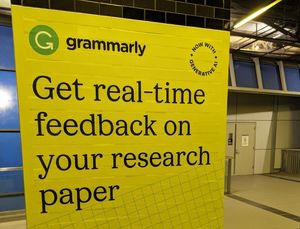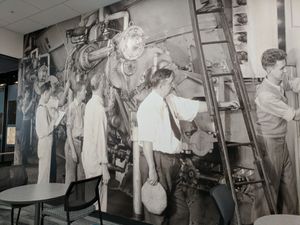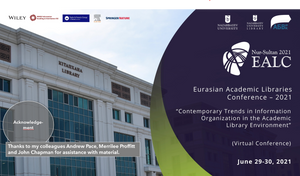FRBR is another of those things that we have given a public-unfriendly name to. This is a pity, because the concept is one that makes a lot of sense to people when they understand it. For example, in discussions about how OpenWorldcat data is surfaced in search engines this is one of the things that quickly comes up. For many people, it just seems natural to roll up the various manifestions and so on under the work, and then to drill down into detail as required. Here is David Weinberger talking about how we mean several things when we talk about a ‘book’:
First, books are way complex. What is Hamlet? Any book of the play? The Signet edition? A reprint of the Signet edition? The Signet edition with a new preface? With errata corrected? The Signet large print edition? The German translation? The original manuscript? Hamlet in the one-volume Collected Works? This matters because when you’re looking for a copy of Hamlet, you’re acting as if that were unambiguous when in fact there are various forms of the book that will or will not satisfy you. This is the type of complexity that drives people to create ontologies. Short of that, xISBN tries to cluster books in reasonable ways. . And there’s a standard (I can’t lay my hands on it now — FRBR? — I’m slightly on the road) that lays out the various levels of abstraction. [Joho the Blog: Two points that didn’t fit into The Globe]
The Globe article he mentions is here, and he notes the need for more fine-grained identifiers (for chapters, illustrations, etc) and the desirability of much more metadata for books, created by users (reviews, annotations, and so on). We agree about the latter, and are beginning to collect user-generated metadata (we can do more). The former is interesting. Not only is there a granularity issue, there is an abstraction one which comes back to the question about what is a book? The ISBN, for example, is typically applied at the manifestation level (in FRBR terms). Do we need an identifier for works? What resolution and registration services would be useful so as to be able to tie together identifiers for the multiplying versions (think of the various digitization initiatives).



